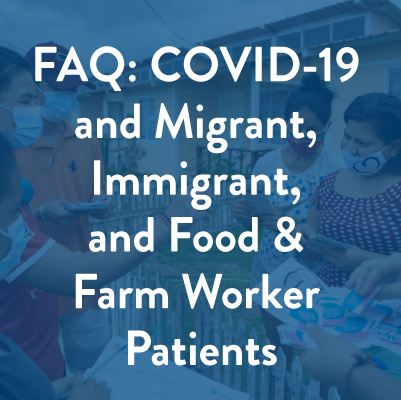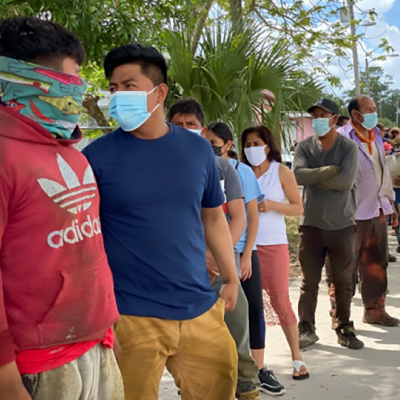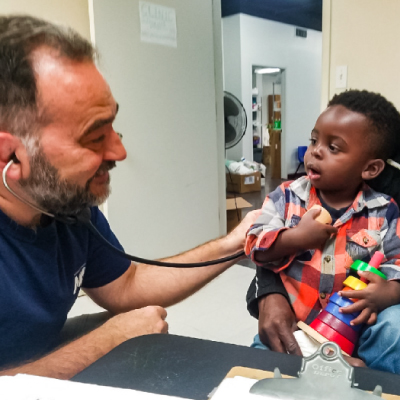- Who We Are
- Clinician Employment
- Publications
- Witness to Witness (W2W)
- Kugel & Zuroweste Health Justice Award
- Your Voice Matters: Photovoice Project
Wed, 11/22/2017 | by Claire Hutkins Seda

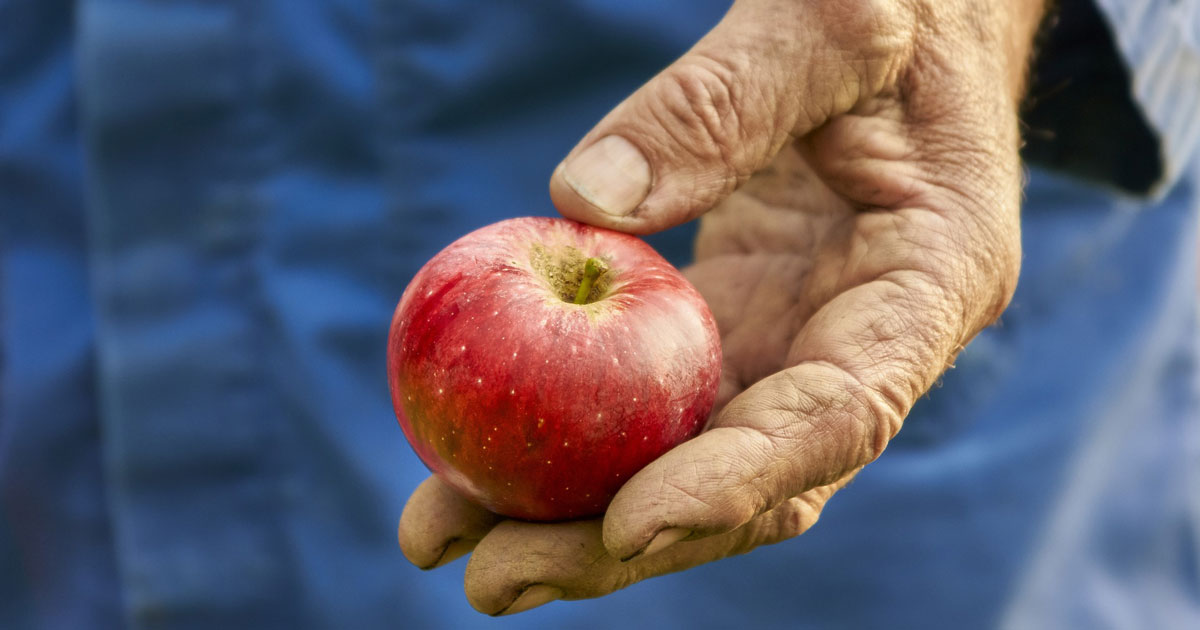
Thanksgiving is a time of gratitude surrounding a huge feast. Those of us advocating year-round for farmworkers take the time at Thanksgiving to express gratitude for the hardworking people who harvest and process our foods, often under dangerous conditions, and usually for a very low wage. Memes, gratitude posts, op-eds -- we do lots of talking around our gratitude for farmworkers, but what we are expressing is how we want our world to operate, which can be boiled down to what’s on our plates. Here’s a look at a few classic dishes, and how we can change the way those dishes are produced to match our values and create a more equitable and healthful world for all.
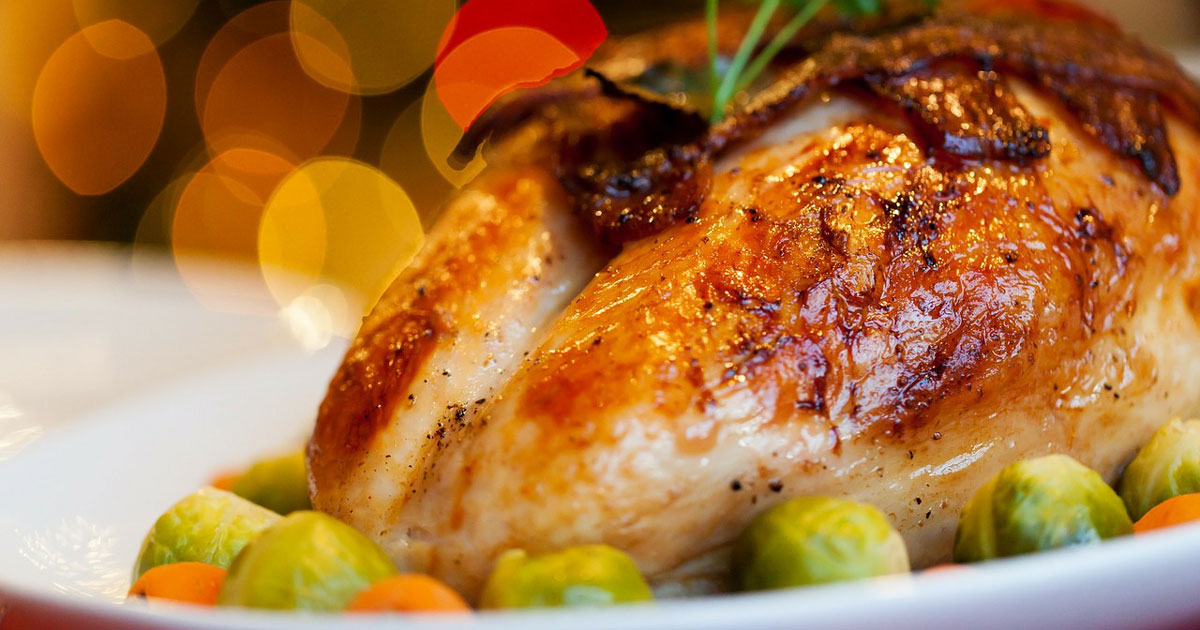
- Turkey: Workers who process poultry have witnessed an increase in speed of the conveyor belt, which has increased worker injuries, as workers struggle to keep up. Consequently, the poultry industry is one of the most hazardous industries in the US, with Tyson Foods and Pilgrim’s Pride showing the highest number of OSHA-reported severe injuries in the country. Without time for bathroom breaks, some workers at corporate chicken plants reportedly have worn diapers to avoid losing their jobs for leaving the line to relieve themselves. Last year, the Washington Post reported, “Poultry plants are one of the harshest working environments in U.S. manufacturing. In plants across the country, workers stand on both sides of long conveyor belts, in cold, damp, dangerously loud conditions, making the same forceful cuts or movements thousands of times daily. A typical worker handles 40 birds a minute. In the holiday months, workers are putting in eight- to 10-hour days, six to seven days a week, to meet demand.” The results are inhumane for the birds, and dangerous for the worker. Now, the National Chicken Council wants to assure that conveyor speeds can go even faster, with a petition to the USDA’s Food Safety and Inspection Service.
- Learn: Read a recent article about the issue on NPR.
- Act: Write a comment about the National Chicken Council petition before December 13th. Do the research on who raises and slaughters your turkey, and assure that your Thanksgiving centerpiece follows your values.
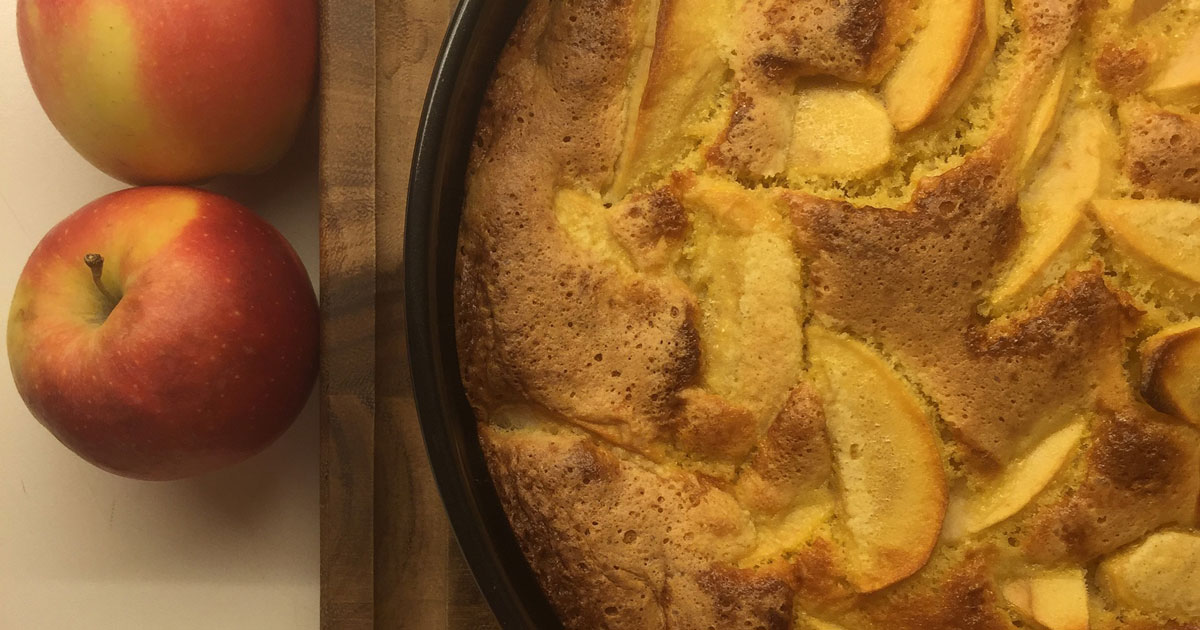
- Apple Pie: It’s hard to make room for pie when you know the apple orchards have a dirty secret: many still use chlorpyrifos. The neurotoxic cholinesterase-inhibiting organophosphate pesticide was set to be banned at the start of this year, but the EPA has declined to act on its own scientists’ recommendations that were based on solid evidence of the danger of the chemical in farmworker communities. Consequently, chlorpyrifos poisonings continue to happen, as we’ve reported. Dangerous chemicals Chlorpyrifos have no place at the Thanksgiving table, but unfortunately it’s not just sprayed on apple trees -- sweet potatoes, corn, broccoli, cabbage, and more crops are commonly sprayed in the US.
- Learn: Read more on the science behind the proposed ban on our 2016 Streamline article, and on Earthjustice’s chlorpyrifos page, in English and Spanish.
- Act: Tell the EPA to ban chlorpyrifos. California is considering its own ban. While comments are currently closed, watch for news in December from the California Department of Pesticide Regulation. Buy produce from local farms and places where you can verify workers are treated justly and have safe workplaces.

- Cranberry Sauce: We read far too often about a worker who has expressed concern over safety and health to a superior, only to be told to get back to work. Earlier this year, a cranberry worker in Canada suffering from a heart condition that could have escalated to a heart attack was told it was likely indigestion from eating too many chilies. Workers often fear work retaliation if health issues are reported: “The seasonal worker, who currently earns $10.85 per hour after working 13 seasons on B.C. farms, still fears speaking out could prevent him from getting work in Canada in the future but says he decided to tell his story in the wake of a 28-year-old farm worker's recent death in Washington State.” Migratory agricultural workers face numerous barriers to getting health care in addition to fear of the employer or an employer’s disregard of health needs. Language and cultural barriers, transportation issues, low wages, fear of immigration status, and more may prevent a worker from seeking care when he or she needs it.
- Learn: Read more about the barriers to care on MCN’s migratory and seasonal agricultural worker profile page.
- Act: Look up your local farmworker’s rights group to see what issues are affecting your community and support your local health center’s outreach program.

- Sweet potato farms: Sweet potatoes grow primarily in the South, where warm humid summer days bring the morning glory-like flowers from the vines along the ground. As climate change advances, more frequent high-heat days will hit the South -- and outdoor workers who tend to the growing vines will suffer. Even small increases in average temperature result in significant increases in heat-related illnesses. Among workers, heat stress can lead to heat stroke, heart concerns, and is implicated in chronic kidney disease of unknown origin. This, of course, doesn’t even mention how higher heat will affect crops.
- Learn: Read about MCN’s recent poster presentation, “Clinicians' Role in Addressing Climate Change-Related Health Concerns.”
- Act: MCN works at the intersection of climate, migration, health, and justice -- but we need your help. Please support MCN’s climate work through a donation for #GivingTuesday. Our advocacy work depends on individual donations to help farmworkers’ health needs be heard.
While what we choose to eat won’t solve every farmworker’s concerns, voting with our food dollars is a first step to improved conditions and healthier workplaces. Next, we need to band together to encourage effective health and safety practices and regulations, based on solid scientific evidence. Finally, we need to assure access to health care for all workers and their families. Together, we can create a healthy and safe world for all the workers who contribute to our meals. Happy Thanksgiving.
Like what you see? Amplify our collective voice with a contribution.
Got some good news to share? Contact us on our social media pages above.
Return to the main blog page or sign up for blog updates here.



